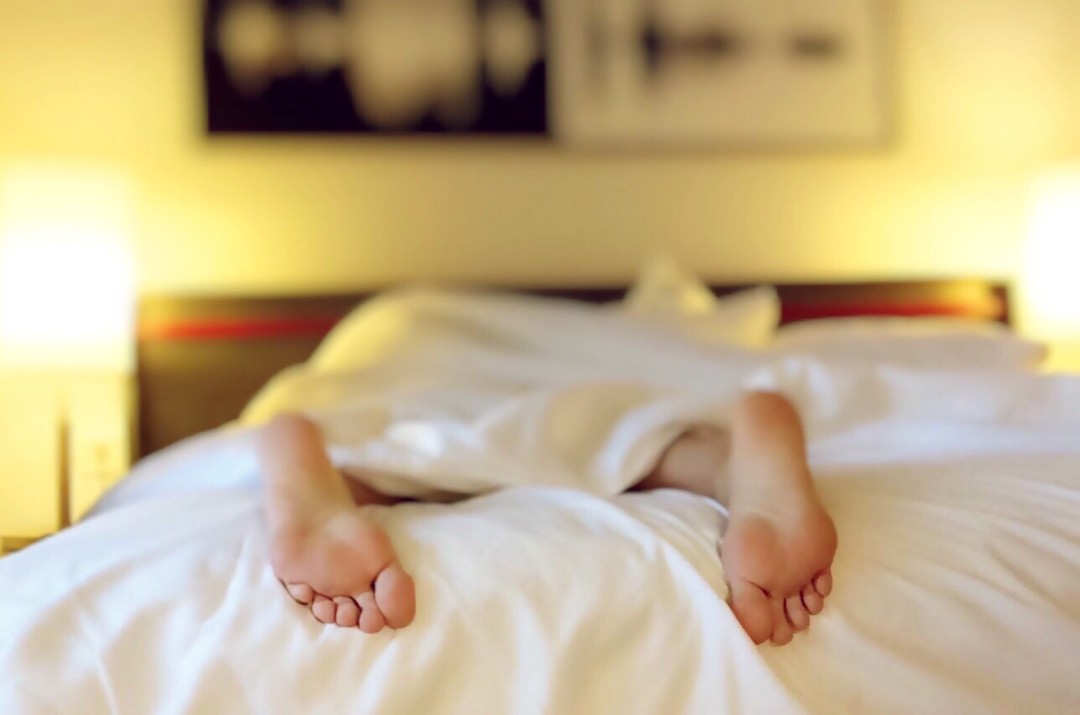Pain Sucks, Part 4 of 7: Get Your ZZZs
Sleep eludes you. You toss and turn in bed like a Christmas turkey in the oven, hoping for a few hours of shut-eye before that dreaded alarm clock sets off.
You’re not alone. According to Statistics Canada, an estimated 3.3 million Canadians, age fifteen and older, have problems falling asleep or staying asleep. The data from the 2002 Canadian Community Health Survey reports that 18% of those people average less than five hours of sleep each night.
Benefits of sleep
A good night’s sleep is essential for pain management and overall health; it allows the body and mind to rest and restore which ensures proper function of the immune system. According to a new study by the Emory University School of Medicine, poor sleep increases production of pro-inflammatory cytokines in the body. Cytokines are proteins that interact with cells of the immune system to regulate the body’s immune and inflammatory responses. People who don’t get enough sleep have higher levels of inflammation, a risk factor for many diseases including obesity, heart disease, stroke and diabetes.
How much sleep do you need to boost your immune system? The general guidelines set by the Mayo Clinic recommend that adults need seven to nine hours of sleep a night for good health and school-aged children and adolescents require ten hours or more.
Poor sleep can be a complicated matter involving a variety of factors. For those of you of who suffer from chronic pain, getting enough sleep can be a catch-22 situation; the pain makes it difficult to fall asleep or stay asleep; and being sleep-deprived just makes the pain worse. You may not be able to control some of the factors that presently disrupt your sleep but you can make simple lifestyle changes that promote better sleep and health.
10 Tips for better sleep
- Avoid stimulants like alcohol, caffeine and nicotine eight hours before bedtime.
- Stick to light dinners eaten at least three hours prior to sleep. Avoid fatty, fried or spicy foods which can lead to sleep-disruptive indigestion.
- Eat a light bedtime snack. It’s hard to fall asleep when you’re too hungry or too full. Choose foods that are rich in the sleep-inducing amino acid tryptophan such as yogurt, milk, cheese, nuts and seeds. To fully optimize the sedative action of tryptophan, combine a tryptophan-rich food with a carbohydrate-rich food. Whole grain cereal with milk or whole grain bread/crackers with cheese or nut butter are some examples.
- Lay off the liquids after 8pm. Drinking too much before bedtime will have you visiting the toilet.
- Establish an evening routine to help you unwind. Turn off the television and/or computer. Engage in relaxing activities like listening to soothing music, reading a book, meditating, gentle yoga stretches or taking a warm bath.
- Go to bed each night and get up each morning at the same time everyday (yes, this includes weekends) to regulate your body’s sleep-wake cycle.
- Get regular physical exercise to release stress and help you feel more tired at bedtime. However avoid exercising just before sleeping which can be too stimulating.
- Do not eat, read, work or watch television in bed. Separate daily activities from bedtime rituals. Use your bed exclusively for sleep and sex.
- Create an ideal sleeping environment. Invest in a good quality mattress and pillow, white-noise generator, fan or humidifier or anything else that will increase personal comfort and promote a deep, restful sleep.
- Use aromatherapy as a natural sleep aid. Lavender and Jasmine are two essential oils noted for their mild sedative effects. Simply place a few drops of either oil on a Kleenex and slip it under your pillowcase before bedtime. In rare cases, there may be allergic reactions. Don’t apply essential oils directly on if you have sensitive skin. Pregnant and lactating women are also advised to avoid Jasmine essential oil as it may induce or increase menstrual flow.
Adopt these tips today and sleep better tonight!

